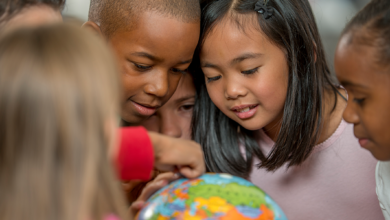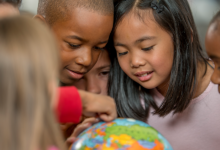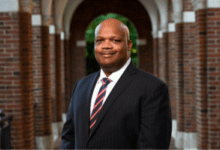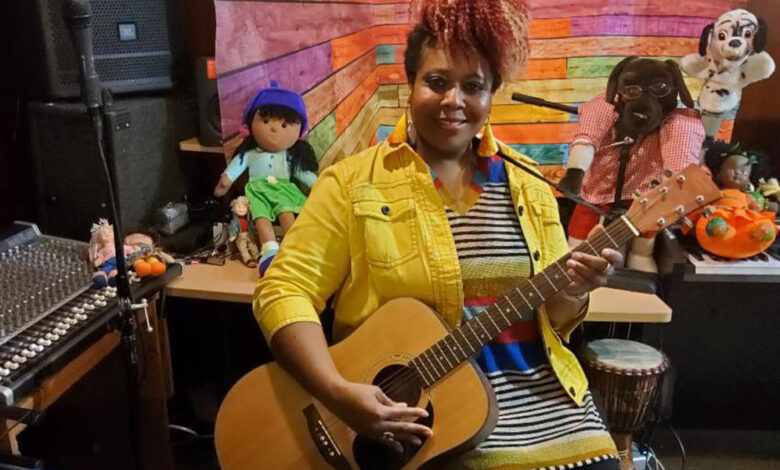
How Music Education Benefits Early Childhood Mental Health & Learning
By Monét Ledbetter-Glaude, Founder of Inét Productions | Black Voice News
When children incorporate music education into their lives, they are more likely to reap benefits that will last a lifetime.
Music is beneficial to children’s’ self-esteem because it gives them the confidence and helps to develop their self-perception. Music learning disciplines their attitudes towards the process of learning. It allows self-expression and free thinking, two things that lead to individual strength development.
Children’s engagement in musical activities develops several aspects of their identities in the relation to the family and the school environment, and contributes to their physical, cognitive, social, emotional and affective development.
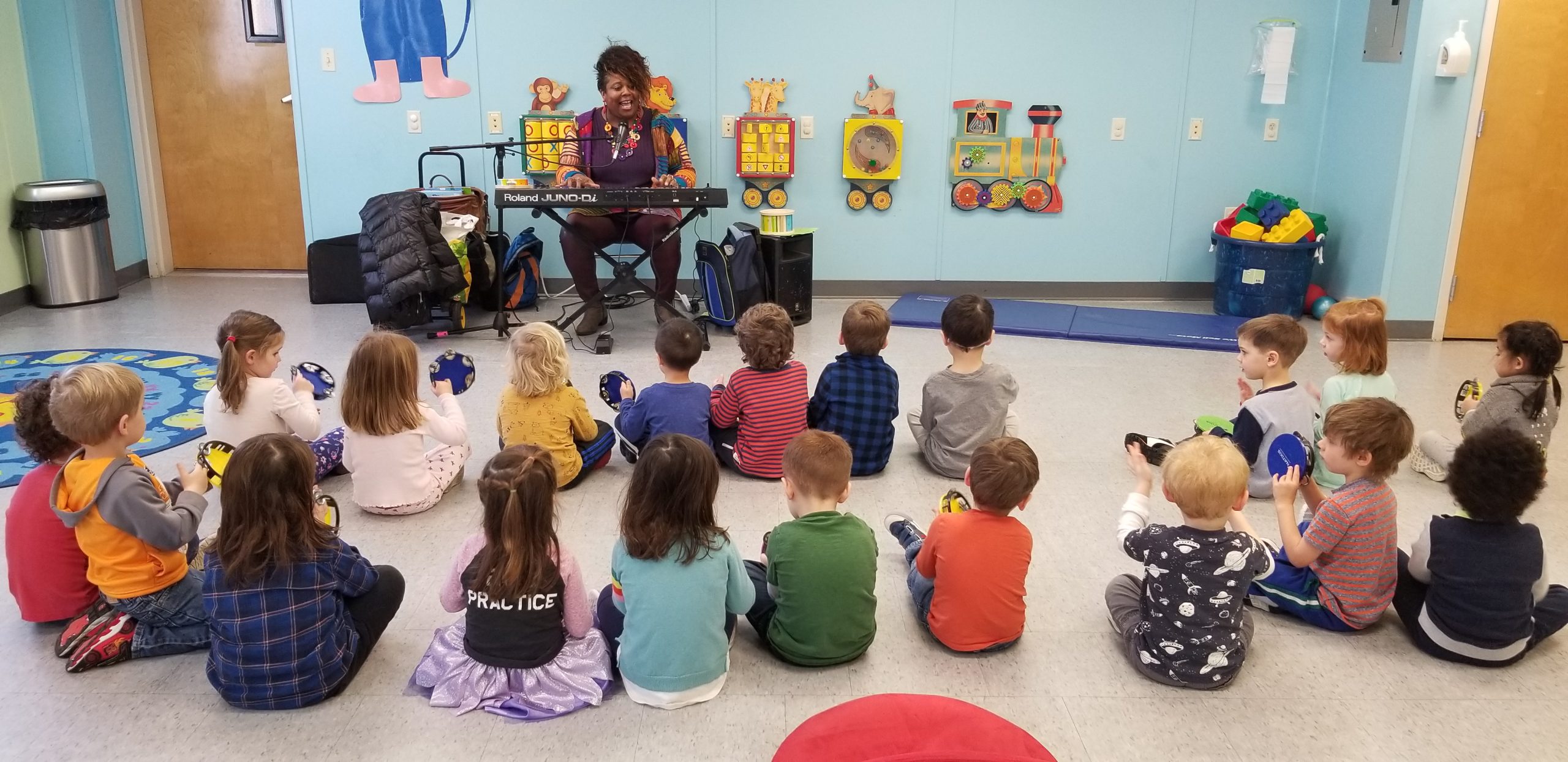
Being involved in music can benefit early stages of childhood mental health. Throughout my years as an educator, I’ve had the opportunity to witness hyperactivity come to ease because our mood-boosting tunes increase their dopamine levels. I witness their joyous expressions as their motivation to learn increases. This release of dopamine allows them to shift their energy, focus, and attention onto something so valuable.
Music requires full concentration by engaging the individual’s brain. In a 2020 study, researchers found that active engagement in musical activities has beneficial effects on quality of life and psychosocial well-being by provoking positive emotions and cognitive social development. Growing evidence indicates that music education programs promoted psychological well-being, social inclusion and cognitive development in infants, school-aged children and youth.
Storytelling and musical interpretation
Children’s music programs use storytelling as a form of musical interpretation. This musical method is a great way to develop and build a child’s cognitive wellness. Singing familiar songs with your child, while also adding your own verses can encourage your child to unleash their creativity and improve memory. In that moment, they are free to think and create their own sense of identity through this art form. The goal is to have them release energy while also tapping into talents that are lying dormant within their hearts.
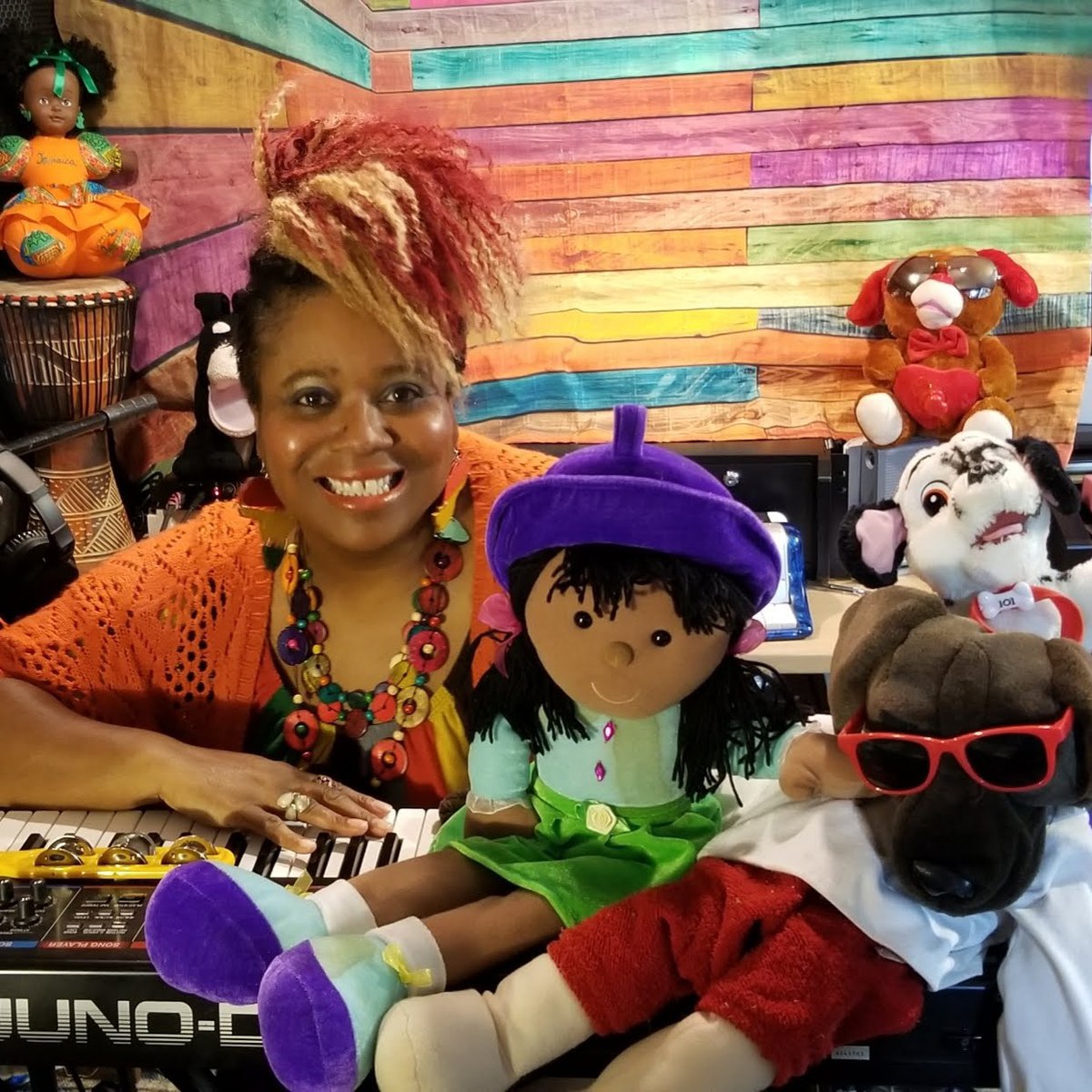
Over the years, musical education has become more of a luxury although it should remain a requirement instead. Art programs across the country continue to lack funding to sustain them. As a result, music programs are eliminated without a second thought.
Musical programs not only lack funding, but they are also overlooked while other things are prioritized. Some schools fail to see the value and enrichment these programs have been proven to provide for children. According to The National Assessment of Educational Programs in the Arts, student exposure to the arts education in schools has steadily declined since 1997. It is not uncommon today to see the elimination of elementary instrumental programs, district-wide string orchestra programs, grade-level choruses, and theory classes.
A pathway to happier, healthier lives
Parent and teachers become the solution, as they can incorporate music engagement through extracurricular programs. Music education from independent programs can be supplemented for marginalized children to provide a foundational, positive outlet that dissuades them from veering off course.
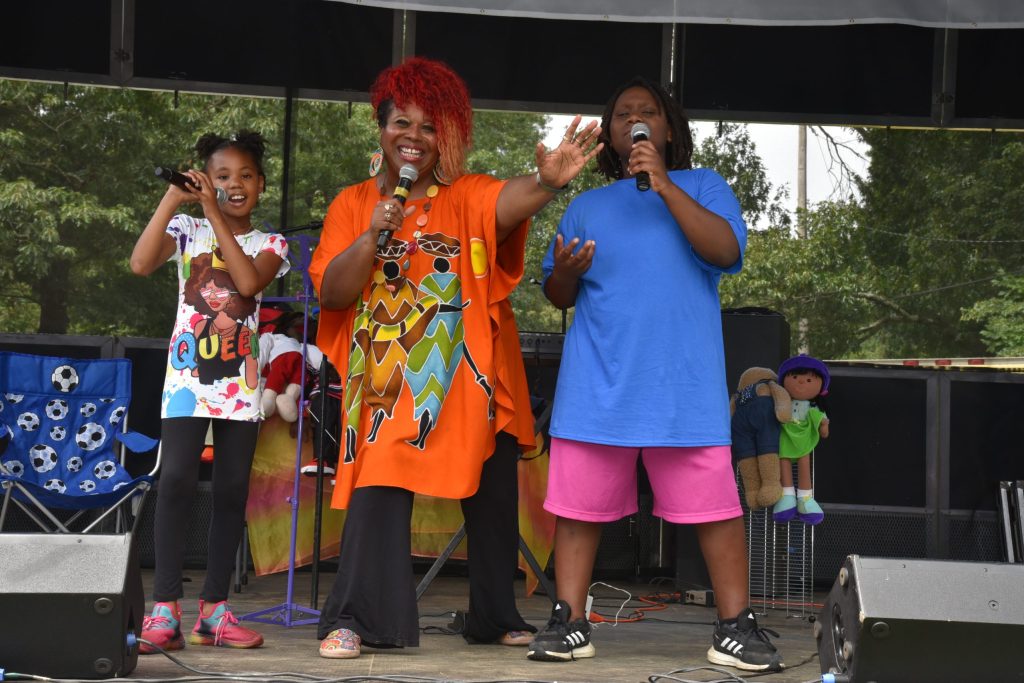
Because their schools often lack funding, music simply becomes another tool that enhances language and learning skills. Having access to art and cultural resources can improve key aspects of social well-being of kids in disadvantaged neighborhoods.
Children need self-esteem to excel in all subjects, skills for school readiness, including intellectual, social- emotional, motor language, and overall literacy. Giving children the gift of a music education can be the doorway to happier, healthier kids.
Monét Ledbetter-Glaude is President and Founder of Inét Productions Inc. Better known as “Ms. Angel Monét,” she runs a music production company that specializes in the development of instrumental, vocal and performance skills for children of all ages. She is a proud instructor for Berklee City Music’s Piano and Voice programs at her alma mater Berklee College of Music in Boston, Ma. She is the founder of the HOI Network Internet Radio Station and Creator of the “House of Inspiration Show”






